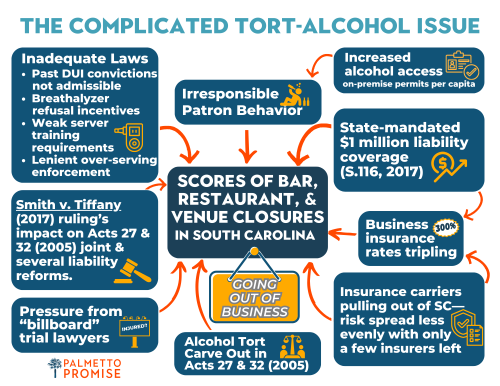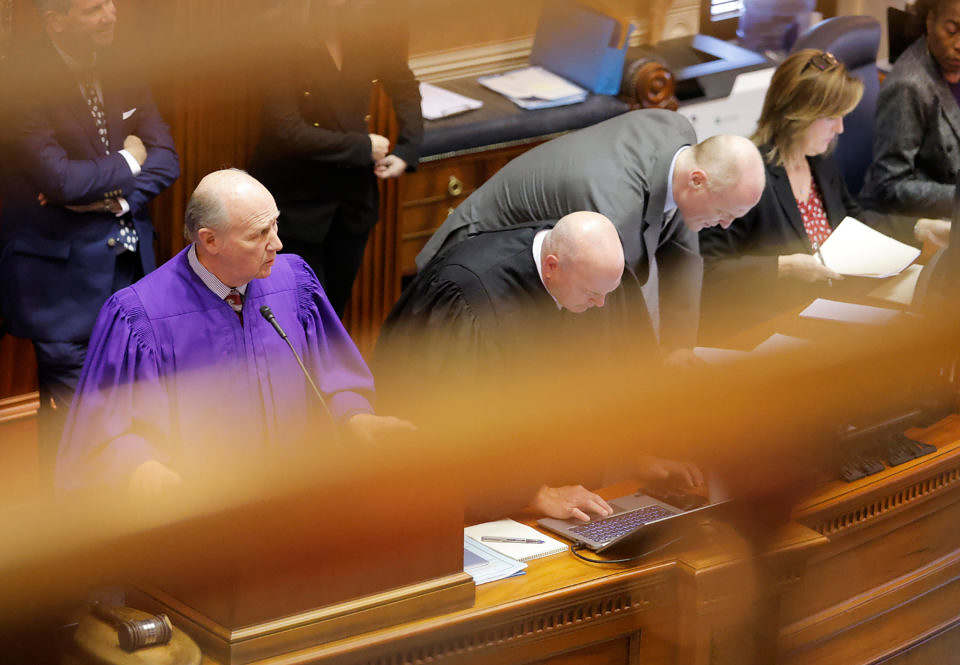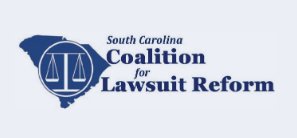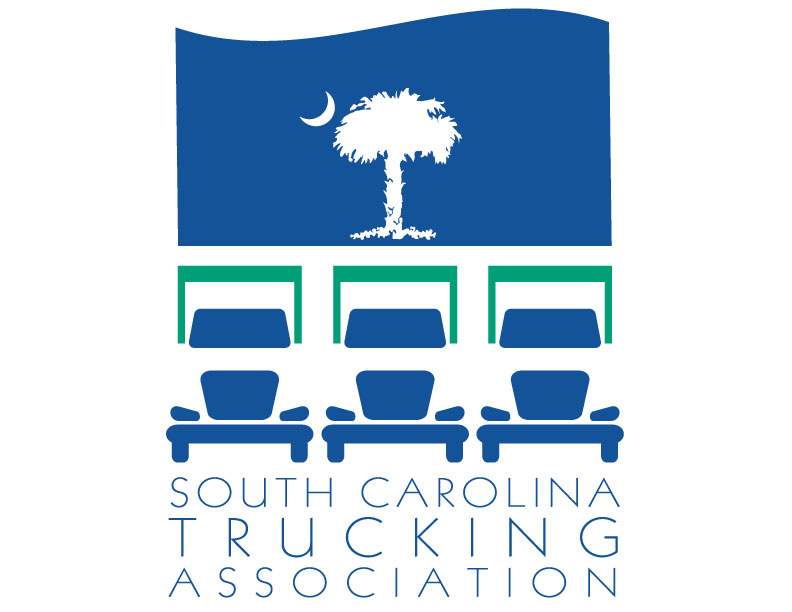
Fatal crashes involving large trucks have risen 61% since 2010, with 81% being multi-vehicle incidents—70% caused by car drivers. Despite FMCSA’s focus on compliance and inspections, enforcement efforts don’t fully address driver behavior, a key factor in these crashes. The article calls for better alignment between safety initiatives and actual crash causes, urging both regulators and motor carriers to prioritize driver behavior to reduce fatalities.

Why are So Many South Carolina Restaurants, Venues, and Bars Closing?
Many South Carolina restaurants, bars, and music venues are closing, citing high insurance costs as a primary factor. Contributing issues include patron behavior, insurance company profit strategies, and government actions. In 2024, the South Carolina Senate attempted to pass legislation addressing these problems, but it stalled due to lack of agreement. Advocates are calling for tort reform in 2025 to protect small businesses from predatory lawsuits and escalating operational costs.

Op-Ed: Resurrecting Justice

South Carolina Think Tank Releases Poll Results
Survey finds “strong public support for tax cuts, increased government transparency, and infrastructure improvements…”

S. 244 – The Justice Act of 2025
The South Carolina Civil Litigation Reform (SCCLR) one-pager advocates for the passage of Senate Bill 244 to address issues in the state’s legal system. It highlights concerns over excessive litigation and its impact on businesses, particularly in the trucking industry. The document emphasizes the need for reforms to create a fairer legal environment, reduce frivolous lawsuits, and ensure that damages awarded are proportionate. The goal is to promote economic growth and protect businesses from abusive legal practices.

Memo to Senate Judiciary 1-29-25
The South Carolina Trucking Association’s memo to the Senate Judiciary Subcommittee, dated January 29, 2025, advocates for tort reform to address escalating insurance premiums and litigation costs affecting the trucking industry. It highlights the financial strain on small and family-owned trucking businesses due to excessive lawsuits and advocates for legislative changes to create a fairer legal environment, ensuring the industry’s sustainability and contribution to the state’s economy.

The South Carolina Trucking Association’s “Tort Reform Talking Points” advocate for the 2025 Justice Act, emphasizing:
- Accountability and Fairness
- Reducing the “Tort Tax”
- Strengthening Personal Responsibility
The bill seeks to create a fairer legal environment, reduce frivolous lawsuits, and promote economic growth.

The 2024-2025 Judicial Hellholes® report shines its brightest spotlight on 10 jurisdictions that have earned reputations as Judicial Hellholes®. Some are known for allowing innovative lawsuits to proceed or for welcoming litigation tourism, and in all of them state leadership seems eager to expand civil liability at every given opportunity.

The “Declaration of Defense” from Voters for Justice highlights concerns over escalating legal actions against South Carolina’s supply chain businesses, particularly those operating commercial motor vehicles (CMVs). It emphasizes that while CMV operators maintain required insurance levels, they are increasingly targeted by excessive lawsuits seeking unwarranted punitive damages. The document criticizes pervasive contingency-fee lawyer advertising and the exploitation of legal ambiguities, which inflate settlements and insurance premiums. It calls for legislative reforms to ensure fairness, transparency, and consistency in the legal system, aiming to protect businesses from abusive litigation practices.

The “Trucking Industry Glossary” by Voters for Justice defines key legal terms relevant to the trucking sector. It covers concepts such as collateral source, compensatory damages, economic and non-economic damages, jury shopping, joint and several liability, medical malpractice, product liability, punitive damages, statute of repose, tort, accidents, abuse, and civil lawsuits. This resource aims to clarify legal terminology to help industry stakeholders better understand and navigate legal challenges.

The “Historical Justification for the SC Justice Act (S.533 H.3933)” outlines the need for tort reform in South Carolina, highlighting issues such as excessive litigation, disproportionate punitive damages, and the impact on businesses, particularly in the trucking industry. It emphasizes the importance of creating a fair legal environment to promote economic growth and protect businesses from abusive legal practices. The document advocates for the passage of the SC Justice Act to address these concerns and ensure a balanced justice system.

A South Carolina trucking company, family-owned for over 50 years, emphasizes that 99.6% of the state’s trucking firms operate 100 or fewer trucks, often as small, family-run businesses. The letter highlights the company’s commitment to its 120 employees and their families, totaling 350 individuals, and notes a low turnover rate of 11% compared to the industry’s 91% average. The author urges consideration of how current tort laws disproportionately impact these small businesses, advocating for legal reforms to protect them from excessive litigation and financial strain.

The document titled “Social Inflation” discusses the rising costs in the insurance industry due to factors like increased litigation, larger jury awards, and evolving societal attitudes towards lawsuits. It highlights how these trends lead to higher insurance premiums for businesses, particularly affecting industries such as trucking. The document emphasizes the need for tort reform to address these challenges and mitigate the financial impact on businesses.
The document titled “Social Inflation” discusses the rising costs in the insurance industry due to factors like increased litigation, larger jury awards, and evolving societal attitudes towards lawsuits. It highlights how these trends lead to higher insurance premiums for businesses, particularly affecting industries such as trucking. The document emphasizes the need for tort reform to address these challenges and mitigate the financial impact on businesses.



